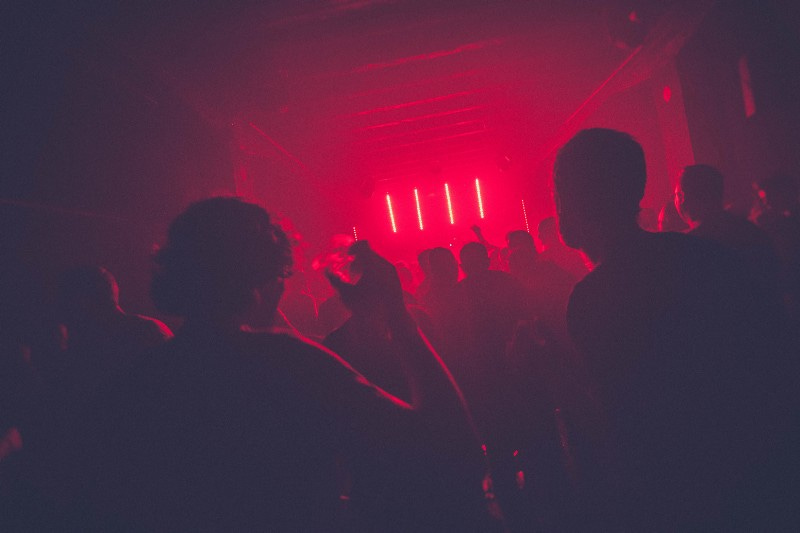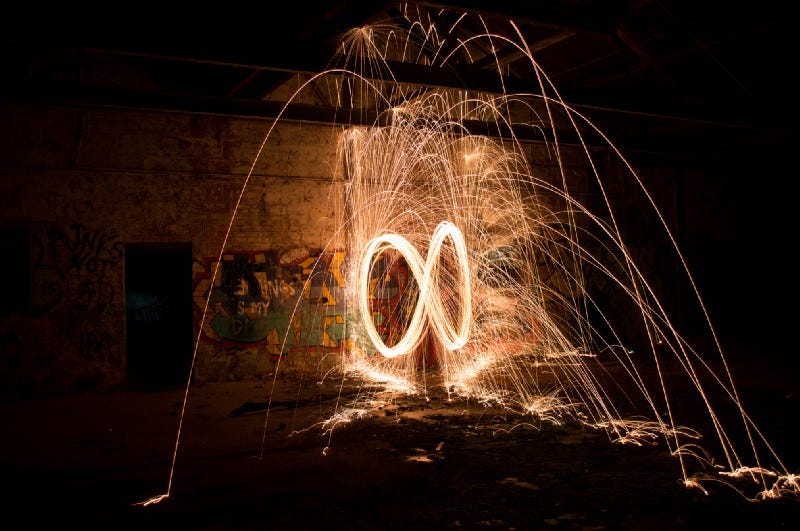Why We’ll Never Really Die
Death is terrifying and it is terrible. Luckily, it’s logically impossible for you to truly die and your life’s work will last forever.
I’m honestly a little scared of this one. This is one of the most controversial and emotional topics available. And it should be.
Death is terrifying.
And, as far as we can see, it is final. People and things that die leave us forever. If there is an afterlife or an immortal soul, we won’t know about it until it’s too late.
Because of this, death deals with faith more than anything else.
I have, up until now, not spoken much about faith. Faith is personal, but some things are universal.
Meaning comes from minds even if God is one of those minds. Our lives are in our control whether we have a soul or not. My recommendations for an ethical life do not conflict with any supernatural moral laws I know.
I’m drawing from a wide range of religions, philosophies, and scientific disciplines to find the common threads with (hopefully) universal relevance. You don’t need to know the author of a game to play it well.
I aim to help everyone, regardless of their personal beliefs. That’s as true here as it is in anything else I write.
But, because of the sensitivity of this topic, I’m going to end this post with two appendices:
In appendix one, I’ll share my own specific beliefs and how I reached them.
Appendix two will address the biggest elephant in the room: eternal torment. I’ll explain why I think it can be ruled out as a risk.
Let’s get into it.
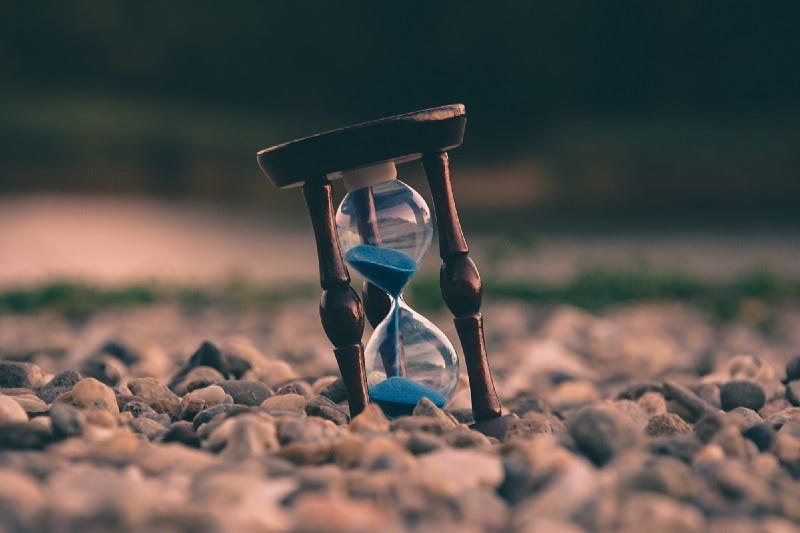
What is Death?
Merriam-Webster gives this definition: “a permanent cessation of all vital functions : the end of life.”
“The end of life” is such a simple definition. But defining life is not quite as easy. To make it simpler, I propose that we think of life in two distinct ways.
Other’s lives are their continued presence in a living form.
Your life is your continued conscious experience.
I make this distinction because you will never understand or experience someone else’s consciousness. While we can be certain other people do experience life, all you can know is your own experience.
So when we die, two distinct things will happen.
Our continued presence in a living form will end. We’ll leave our bodies and the people who love us will miss us. For them, we’re an other life.
Our continued conscious experiences will either end or move into an unknown afterlife. For us, that’s our life.
Most people only die once. This means that the death you will confront the most is the death of others. So let’s start there.
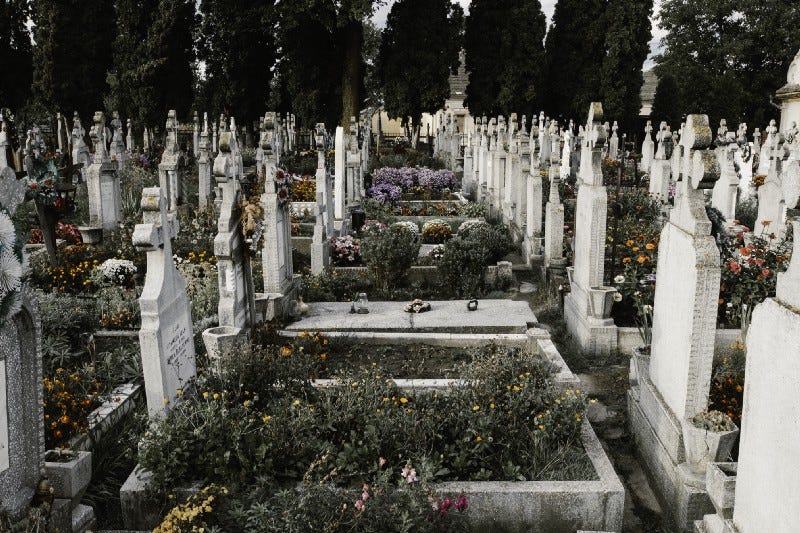
Why Other People Will Never Really Die
When anyone dies, it feels like a robbery. Like they have been unfairly stolen from our presence.
This is especially true for loved ones, but it happens even with strangers and household names. The mind leaps to “what ifs” and to lost opportunities. Someone who once had infinite potential has now become a finite piece of history.
And make no mistake, death is a tragedy. If you are grieving, it is because you need to grieve. Nothing I write here is meant to make death seem smaller, or somehow okay. It is not okay, and that’s okay.
They aren’t coming back. We will miss them. Our world will never be the same.
And these three things are also true.
They aren’t done yet.
They aren’t gone yet.
They are doing just fine.
I’m not talking about their ghosts, or spirits, or souls. I’m talking about them, the actual them. The human beings themselves.
Who they were and what they did doesn’t go away.
The Dead Aren’t Done Yet
I’ve said before that humans can be understood purely as patterns of action. Those actions have results. They keep on acting. They keep shaping history.
People might stop doing new things. But the things they did won’t go away, maybe ever.
Their legacy is still very much a living thing. And legacy doesn’t just mean statues or memorial donations. It can mean drawings, photographs, memories, ideas, offspring, inspiration, almost anything.
While we’re alive, we put a lot of things in motion. We’re constantly putting energy out into the universe. That energy doesn’t dissipate or end when we do. The actions that made up our lives just keep on acting.
Sometimes a death is a powerful force in themselves. A name you never knew or never would have known becomes a household name. A final action, or word, or sacrifice, changes history.
(This is not a silver lining. Death doesn’t have those. Martyrs, especially unwilling martyrs, never needed to die. These are still tragedies, no matter how powerful or world-changing they proved to be.)
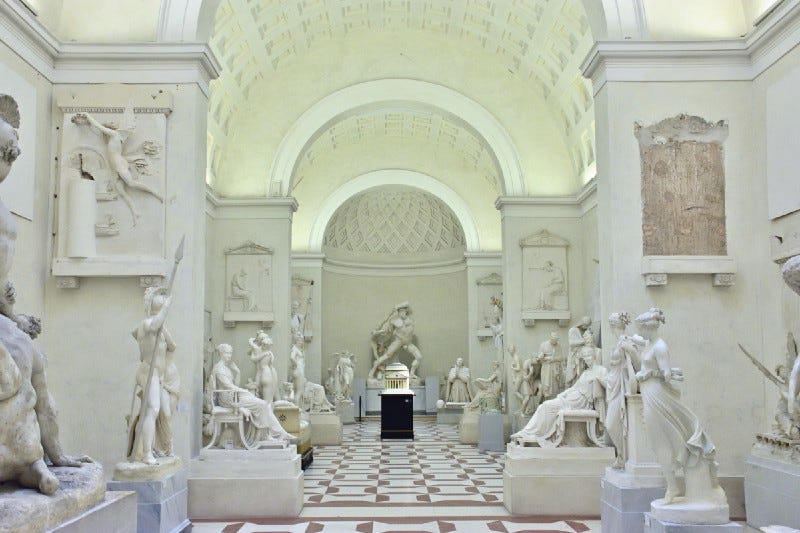
Ignoring or minimizing someone’s death robs their legacy. Please politicize my death, whenever it happens. Please use it as a tool to shape a better world. Be respectful and helpful to those that loved me, but please don’t waste whatever power my death might have.
The legacy of our actions and ideas will live forever.
The Dead Aren’t Gone Yet
I feel like you hear the equivalent of this in almost any story that talks about death, but it’s worth understanding as a fundamental truth: as long as we remember someone and share their memory, they remain with us.
Again, I mean this literally. What is someone to you but your experience of them? What is a memory but a past experience of them?
As you remember and reminisce about them, you’ll learn new things about them. You’ll see them through new lights. You’ll love them in new ways.
We say someone is gone, but they’re not gone. They’re just relegated to a specific stretch of history. Einstein may not be alive now, but he always would be, was, and has been alive from 1879 to 1955.
You will still have new experiences of Einstein. You will still hear new ideas from him that you hadn’t heard before. You will still encounter ideas inspired by his. You will spend as much time with him or without him as you would have if you lived at the same time.
(This is not a silver lining. Death doesn’t have those. Their potential has still been stolen. It’s still a tragedy, no matter how meaningful they continue to be.)
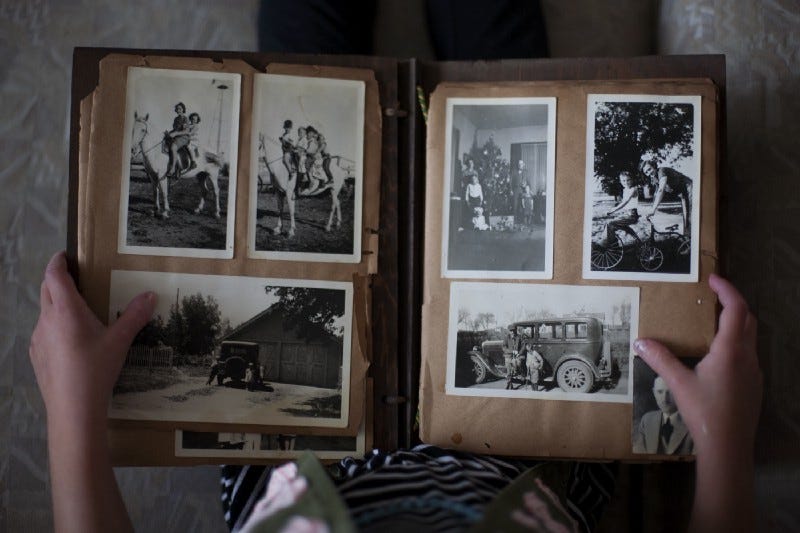
They aren’t gone. They should not be forgotten.
They’re not doing new things any more. But they can still teach you new things. They can still make you laugh, make you cry, and make your heart ache.
Especially that last one.
The Dead Are Doing Just Fine
After people die, you can’t and won’t hurt their feelings. Even if they are watching from an afterlife, their minds are probably elsewhere.
We should honor their requests, because we should help people when they tell us how to help them. But we shouldn’t worry about them.
Worry about their loved ones. No matter what happens after you die, it is a known and obvious fact that the people left behind are the ones who need and can use the most help.
The version of them that was afraid to die is gone now. The problems from their life are gone. The pain from their life is gone. (Remember, I’ll address hell at the end of this article.)
It’s the living that need our help.
(This is not a silver lining. Death doesn’t have those. That person was still real and still had their fears fulfilled. It’s still a tragedy, no matter if it’s not a tragedy for them.)
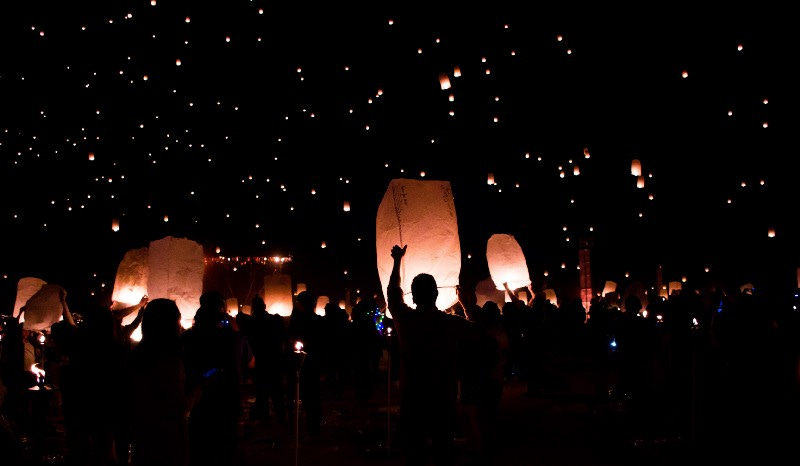
None of that makes death any easier, nor is it meant to. Death sucks.
But the lives are still with us; the people, their actions, and our experiences of them don’t have to be silenced or ignored.
They can be celebrated, and they can be perpetuated.
Through saying their names and carrying their torches, we can help their memory and legacy live forever.
Why You’ll Never Really Die
Let’s take a moment to return to what your life is. Because, remember, life can be two things:
Other’s lives are their continued presence in a living form.
Your life is your continued conscious experience.
When we’re talking about you, it gets complicated. A litttttle abstract. But I think it matters. Let’s talk about what you are.
Current You is a conscious experience. This conscious experience feels continuous because it has access to memory, but it’s really just a moment. You in this moment is different from You in the next moment. You are one ever-shifting moment.
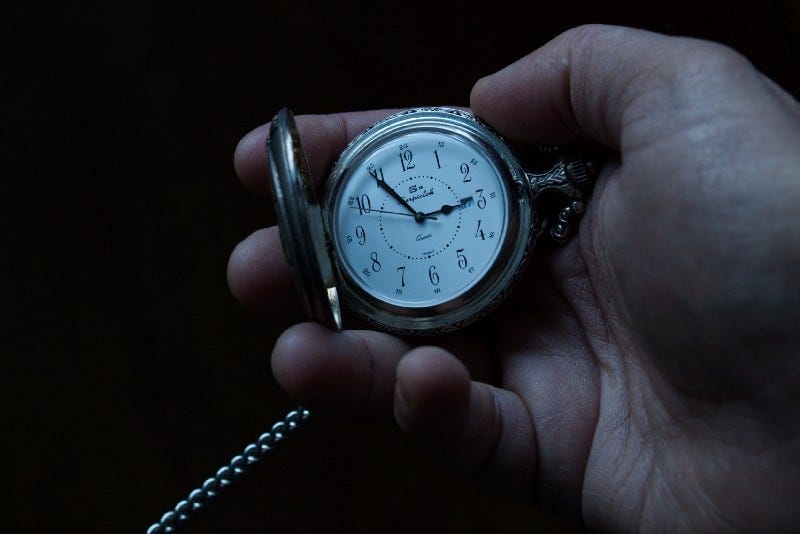
But you’ve also got an anchor to time and space. Call them Past You. This is your presence and your pattern of actions. This is all that others experience of you.
Past You is over. By the time experience of a phenomenon reaches a mind, the phenomenon is over. Past You is dead.
Stories require a beginning, middle, and end, and now that Past You is dead they become a story. That’s how Current You engages with it. That’s how anyone engages with you — they have stories about their experience of you: Past You.
Past You is not You. Nor is Next You. They are distinct conscious experiences that happen to share one living form — a body, brain, name, and a mind full of memory.
(Science fiction explores this a lot, and asks a lot of good questions — almost all of which are answered by understanding the above. My current favorite exploration is in a horror game called Soma.)
So when I talk about Past You or Next You, it’s the first definition of life that applies. They are other lives — presences in living forms.
Current you is your life — your continued conscious experience — and it will one day leave the known world.
When you die, one of two things may happen to your experience.
Nothing. Final nothing. Unimaginable nothing.
Something else.
Let’s talk these through.
Understanding Oblivion
Stop what you’re doing. Close your eyes. Silence everything. Turn out the lights. Think no thoughts. Feel nothing. Empty yourself.
Got it?
Okay, that’s nowhere near what oblivion must be. You still exist.
Your experience of Current You is a baseline that you’ll always have. You will never experience the end of your continued conscious experience. In order to experience the end, you would need to be conscious, which means it’s not the end.
If there is a death that confines you to oblivion, it can not happen to you. There wouldn’t be a You for it to happen to.
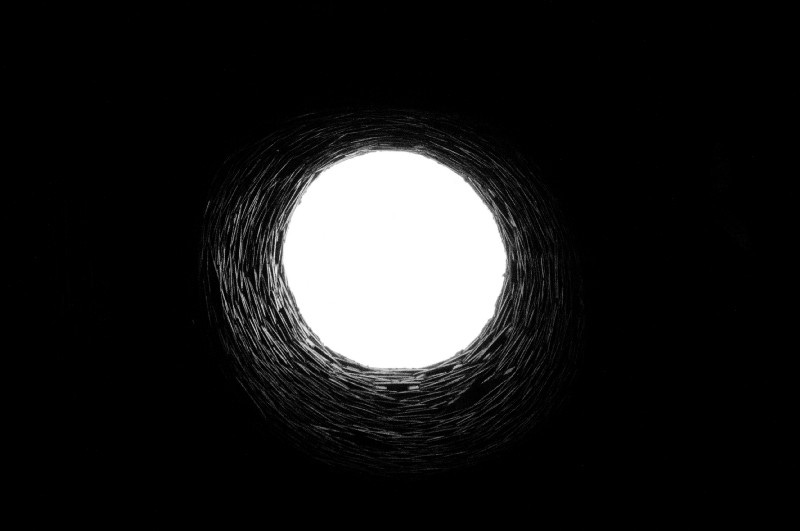
This means that your death isn’t a tragedy. Not for you. Obviously you’ll be missed, but that won’t matter to you. Nothing will. But that doesn’t mean nothing matters.
In fact, it means your life mattered more than you can imagine.
Because your life was all there is. Past You was very very real. And they’re not done yet, not gone yet, and doing just fine.
Go back and reread everything I wrote about the legacy and memory of those who die before us. That’s it. That’s you.
You literally are every action you’ve taken. You are every experience anyone has had of you. You’re an immortal pattern of impact on history.
And every single life your legacy touches is a universe forever changed by you. I hope you help them, don’t you?
The After Life Party
Given the above, you will definitely have an afterlife. You may not experience it, but your legacy and memory —which was all you ever were — will keep going strong. This secular afterlife is strong enough evidence for the value of a good life.
But what if your experience continues? What if something new happens? Plenty of people who have Near-Death Experiences (NDEs) come back with first-hand accounts. Maybe it was a spiritual experience. Maybe it was their brain filling in the gaps.
The fact is we can’t know.
We just can’t. We can trust others, read books, study science, play the odds, or make things up. But we can’t know what will happen to us.
When that’s the case, you have three choices.
Agonize over not knowing — This is pretty hard to recommend. It’s also the default for pretty much everybody.
Stay curious — This is a pretty healthy, if surprisingly challenging approach. It can be hard to be comfortable just not knowing.
Pick a good story — We humans experience life as a series of stories. It’s how our brains work. There’s no shame in picking a story that works for you. A helpful story is one that increases good options, clarifies choices, and brings energy for everyone it touches.
I use that good story strategy a lot, and I do recommend it. Just remember that the story you pick is your story, and won’t necessarily work for everyone.
No matter where you land, I can’t recommend letting the afterlife question keep you up at night. It’s not a big deal.
You’re probably already in an afterlife anyway.
Grieving Yourself
I can guarantee you that a version of you has died. I’m not talking about multiple universes either. I’m talking about worldviews. Defining personality traits. Patterns of action. Entire selves. Past Yous.
People change ALL the time. It’s what makes us cool.
Our cells are replaced every 7 years, but we change even more often than that. College me died when I graduated. Bachelor me died when I got married. Childless me died when I had a kid.
There are so many past selves in my wake. By the point you can read something like this, you’ve probably lost a few selves too. If you look back and can’t recognize a former self, congrats — you’re in their afterlife.
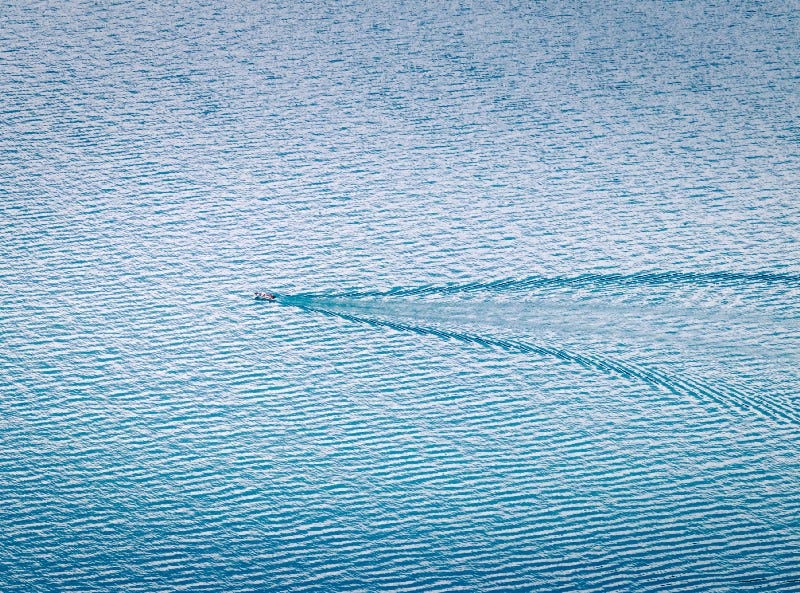
Those past versions of you are gone forever. And possible versions of you have died before too. I’ve lost possible selves to lay-offs, to publisher shut-downs, to rejections. I’m sure you’ve lost some selves too.
I’m sure you remember the mourning. I don’t know if you called it that, but that’s what it was. There was a life — past or possible — that ended before it could fulfill its potential.
I hope you gave yourself room to grieve it, because we often don’t.
Usually we just dust off and try to accept whatever self we’re left with. We ignore the regrets and never mourn what could have been.
But we need to.
It’s not weak. It’s how we close the book. We need to close the book on our past selves or they’ll just live rent-free in our heads.
How You’ll Never Die
Past You still lives on in memory and legacy.
Current You exists outside of time and will never die.
Next You has yet to live, so cannot die.
By definition 1 — presence in a living form — everyone and everything will die. They do it every moment. You’ve done it already. It’s fine.
By definition 2 — conscious experience — you are living forever right now. Time means nothing to an eternal moment of conscious experience.
I think that’s amazing.
I didn’t always think so. I’ve lived with depression for as long as I can remember. I used to want life to end. (If you’re there today, please contact 1–800–273–8255)
I now realize that I’ve died plenty of times (by definition 1), and that I just plain can’t die (by definition 2).
What I wanted then wasn’t the end of conscious experience. It was the end of pain that was already fleeting. If I’d just quit my job, or moved, or gotten help, I could’ve ended that pain. Ended that Past Self. Ended that Next Self.
It feels hard, but it can be that simple.
Your Current Self is here to stay.
You will never die. I hope that’s good news.
Appendix 1: But What About Hell?
I had promised I was going to try to write with universal relevance, and that means that I do need to address a common perspective that there is an eternal place of torment in the afterlife.
But if hell exists, then heaven logically can’t.
Even if I could warn people about it and help them escape it, I can’t save everyone in history.
If I can’t save everyone, I’ll live forever knowing I didn’t save everyone.
If I care about people, that knowledge would be torment.
If eternal torment exists and you care about people, then there is no afterlife that isn’t torment.
If I don’t care about people, then my afterlife welcomes people who don’t care about people, which would lead to torment.
If I can’t help someone, believing that they’re suffering causes nothing but pain. I know it’s hard to choose what to believe, and I’m not trying to convince you to change your mind, but this is how I personally have ruled out the existence of an eternal hell.
If we will experience an after-life, surely it’s designed by the same rules that built the living world. These same rules must be learnable from the natural world. If they are not, we’re trapped by completely unpredictable rules that could unfairly doom children and entire cultures. We’d be wasting time trying to anticipate and follow those unjust laws, so it’s useless to try.
The living world is basically defined by growth and change. The scope of human history shows continual positive growth.
Pain exists to reveal damage so we can do something about it. It is also a physical function that can be entirely traced within a brain. Without a physical form, pain wouldn’t work.
Punishment in the natural world exists to change behavior. If hell is eternal and locked in by earthly actions, what does the punishment achieve? It’s nothing but a threat, which leads to…
The origin of the concept of eternal hell is traceable to written history, and has clear political motivation behind it. If I wanted to control a population and drive them to die for my gain, hell would be a perfect tool.
A being that would allow finite beings infinite suffering is logically inconsistent with any understanding of a loving creator. The very nature of creation is inconsistent with an unloving being.
Appendix 2: My Personal View
I choose to believe that there is an immortal soul and a beneficial afterlife awaiting everybody. This is my good story strategy at work.
As I mentioned, a helpful story is one that gives options, clarifies choices, and brings you energy. When push comes to shove, I feel more energized by a good afterlife than by a non-existence that I’ll never experience.
The good afterlife premise lets me believe that I’ll have time to get to everything I miss, so I’m not paralyzed by FOMO. It lets me believe that the tragedy of death has a purpose I can’t understand. It lets me believe that everything is going to be okay. It lets me believe that the pain we fight on earth is fleeting, but still worth fighting.
Since I just can’t logically find any way in which our deaths matter as much or more than living a good life while we’re here, I hold beliefs that do the most to move me toward a better life.


